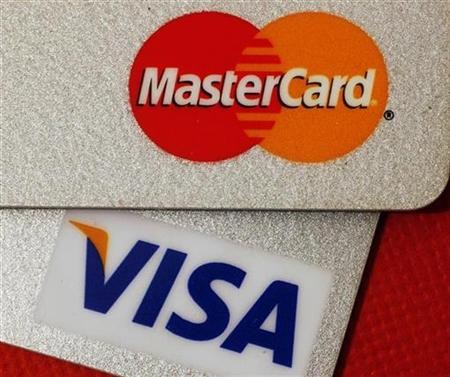Mastercard and Visa are in hot water as The British Retail Consortium (BRC) has accused them of charging "excessive fees" while cashing in on the pandemic. The fees being charged by the payment firms have doubled in the last two years, which could force retailers to pass on the extra costs to their consumers.
In an interview with the BBC, BRC head of finance policy Andrew Cregan said, "It is vital that the government takes action to tackle excessive card costs. It is an abuse of a dominant market position by these companies."
The BRC revealed their findings showing the average cost of a cash transaction to retailers is only 1.42p while payments made through debit cards costs retailers 5.88p. Credit cards on the other hand, cost 18.4p.
The duopoly of Mastercard and Visa controls about 98% of the UK market. However, numbers from the latest Payments Survey show they have the least competitive layer of the card payments ecosystem due to their complex billing structures. This by itself could potentially lead to increased abuses of their card schemes.
The BRC is pushing the Competition and Markets Authority (CMA) to conduct investigations regarding the existing card schemes of these big players.
As credit card bills are expected to rise by another £40 a year, retail and hospitality trade organisations have joined forces to call for legal actions to rein in and tackle card fees as recent events have forced industries to accept only card payments in observation of the pandemic social distancing rules.
British Independent Retailers Association commercial director Jeff Moody said small local shops are being penalised as they are unable to negotiate for better fees with these payment firms compared to the contracts given to large national chains.
"With card transactions now the majority of their payment transactions, these costs are therefore being felt by consumers," Moody adds.
In response to these accusations, Mastercard said, "Digital payments are the most effective way of receiving and making payments for business and by their nature are significantly less costly than cash."
The card company added that they do not hold any strong belief in the BRC's report as this does not represent the facts of the entire UK payments industry.


